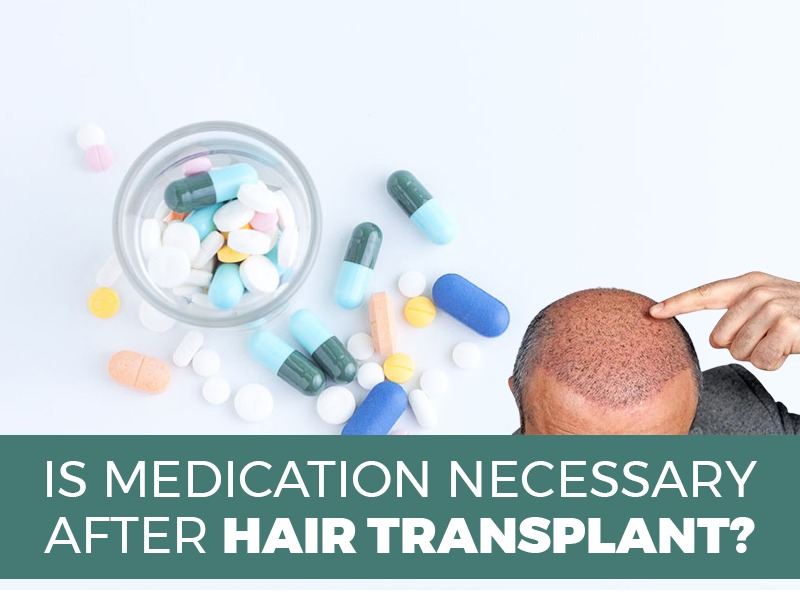For those who want to restore their natural hairline and feel better about their appearance, hair transplant surgery in Delhi has grown in popularity. But a lot of patients frequently have questions regarding the care that comes after surgery, especially with regard to medication. We will explore the need for medication following a hair transplant in this blog, removing misconceptions and clarifying the importance of post-transplant care.
Understanding the Hair Transplant Process:
Before talking about the need for medication after a hair transplant, it’s important to know the basics of the process. Hair follicles from donor areas usually the back or sides of the scalp are extracted during hair transplant surgery and then transplanted into areas of the body that are thinning or losing hair. Several methods, including Follicular Unit Transplantation (FUT) and Follicular Unit Extraction (FUE), can be used to carry out this procedure.
Immediate Post-Transplant Care:
Following their hair transplant procedure, patients are usually given full guidance regarding post-operative care. This covers instructions on how to keep the donor and recipient areas clean, steer clear of physically demanding activities, and shield the scalp from the sun. Even though medication might not be required in the first few days following transplantation, following these guidelines is essential for the best possible healing and graft survival.
Role of Medication in Hair Transplant Recovery:
The surgeon might give medication to speed up the healing process and encourage hair growth. Antibiotics are a common post-hair transplant medication prescribed to help prevent infection in the donor and recipient areas. Topical gels or solutions containing finasteride or minoxidil are another class of medication that may be administered. Both the transplanted and native hair follicles are treated with these drugs to promote hair growth and stop additional hair loss. It’s important to remember that not every patient will need these drugs, and the surgeon should discuss the use of them in light of each patient’s unique needs and objectives.
Factors Influencing Medication Requirements:
After a hair transplant, the need for medication may or may not depend on the patient’s general health, the complexity of the procedure, and the surgeon’s recommendations. Individuals who have a medical history of diabetes or hypertension might need to take extra medication to keep their health under control while they heal.
The size of the treatment area and the type of hair transplant technique employed can also affect the requirement for medication. Medication may be beneficial for patients having more involved procedures or those who are more likely to experience complications in order to promote healing and enhance outcomes.
Conclusion:
In conclusion, even though medication isn’t always required following a hair transplant, it can be very helpful in accelerating healing and fostering the best possible outcomes. To guarantee a speedy recovery and the intended result, patients should talk to the best hair transplant surgeon in Delhi regarding post-operative care and medication use. In the end, the treating surgeon’s experience and the specific needs of each patient should be taken into consideration when deciding whether to prescribe medication following a hair transplant.

